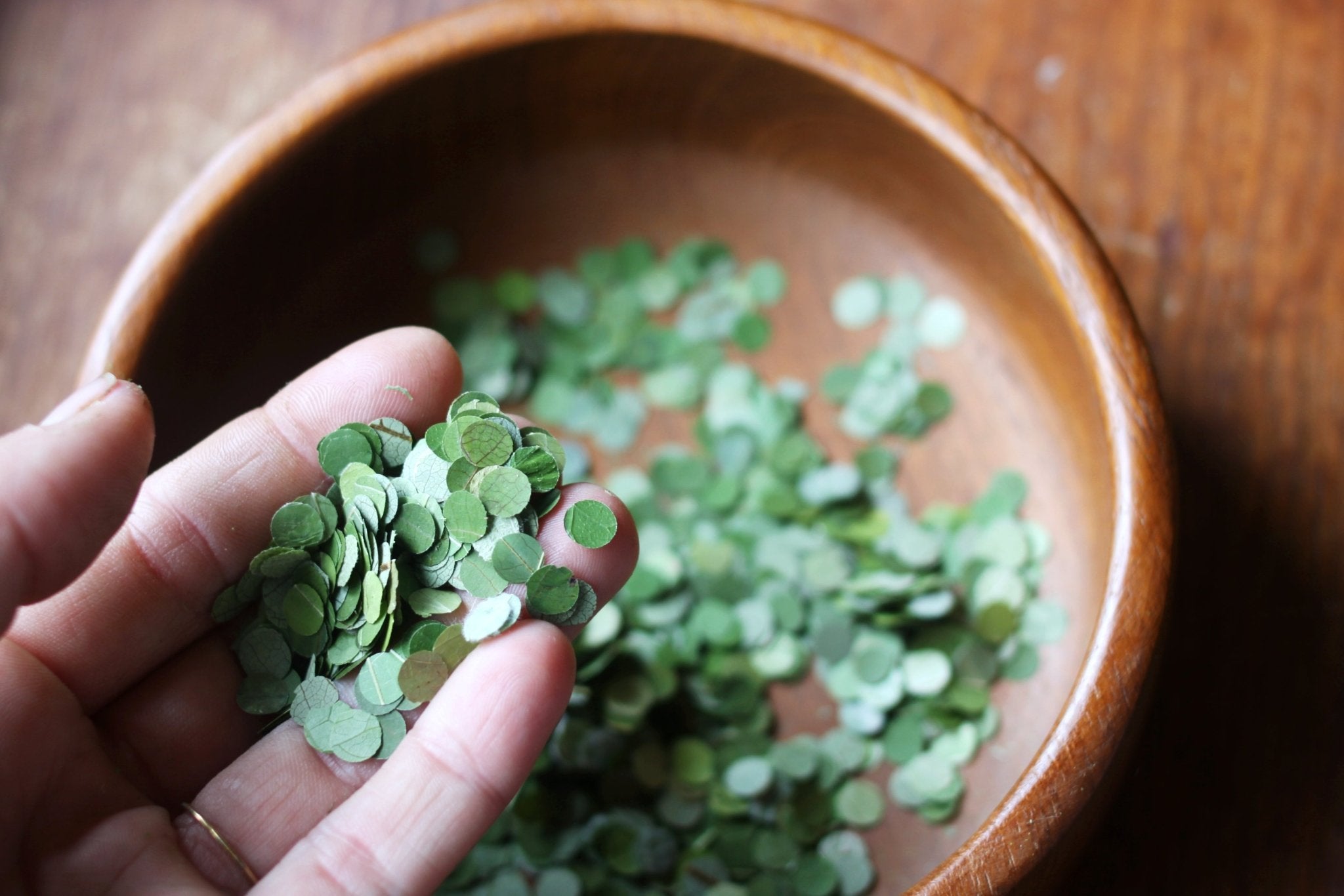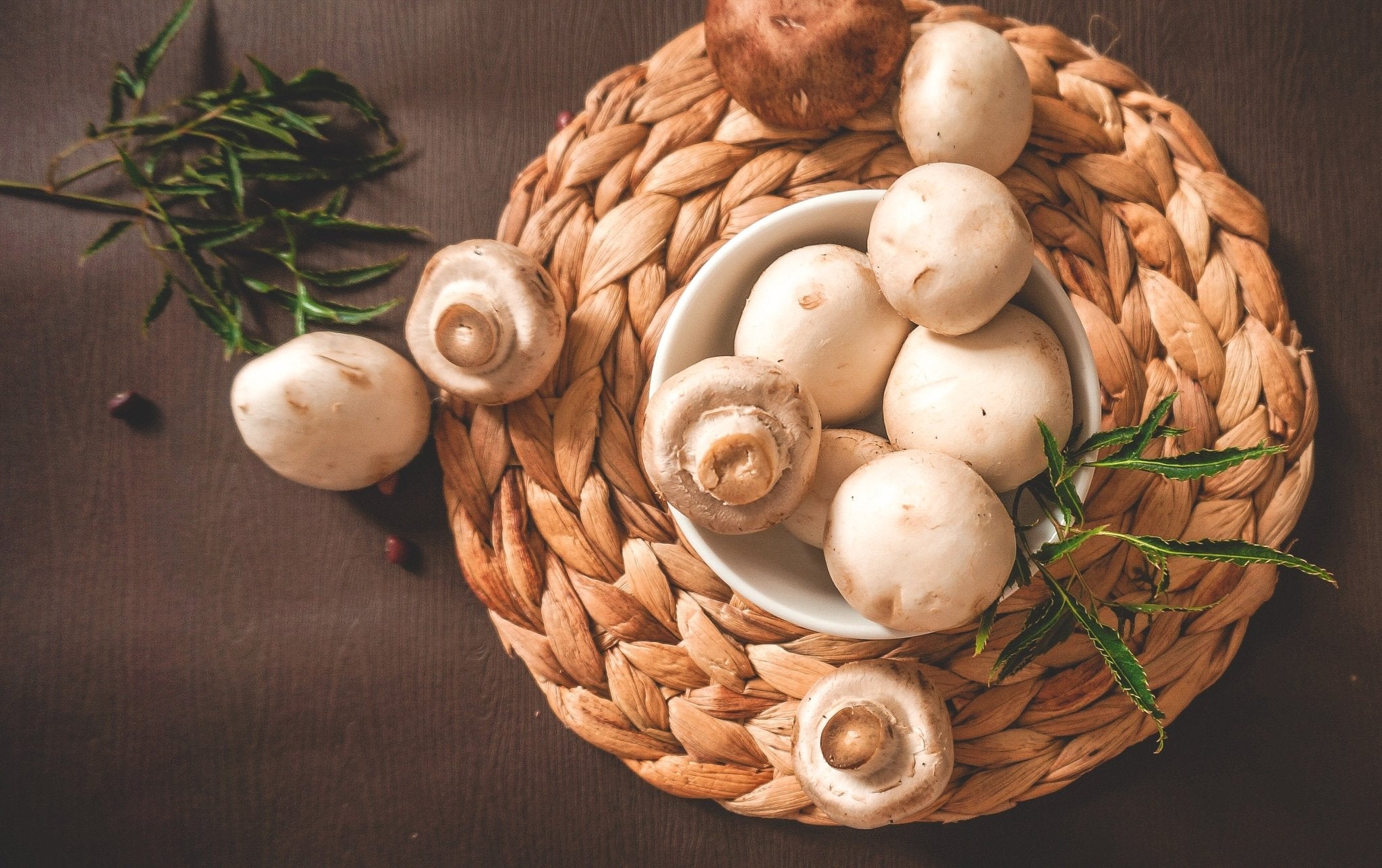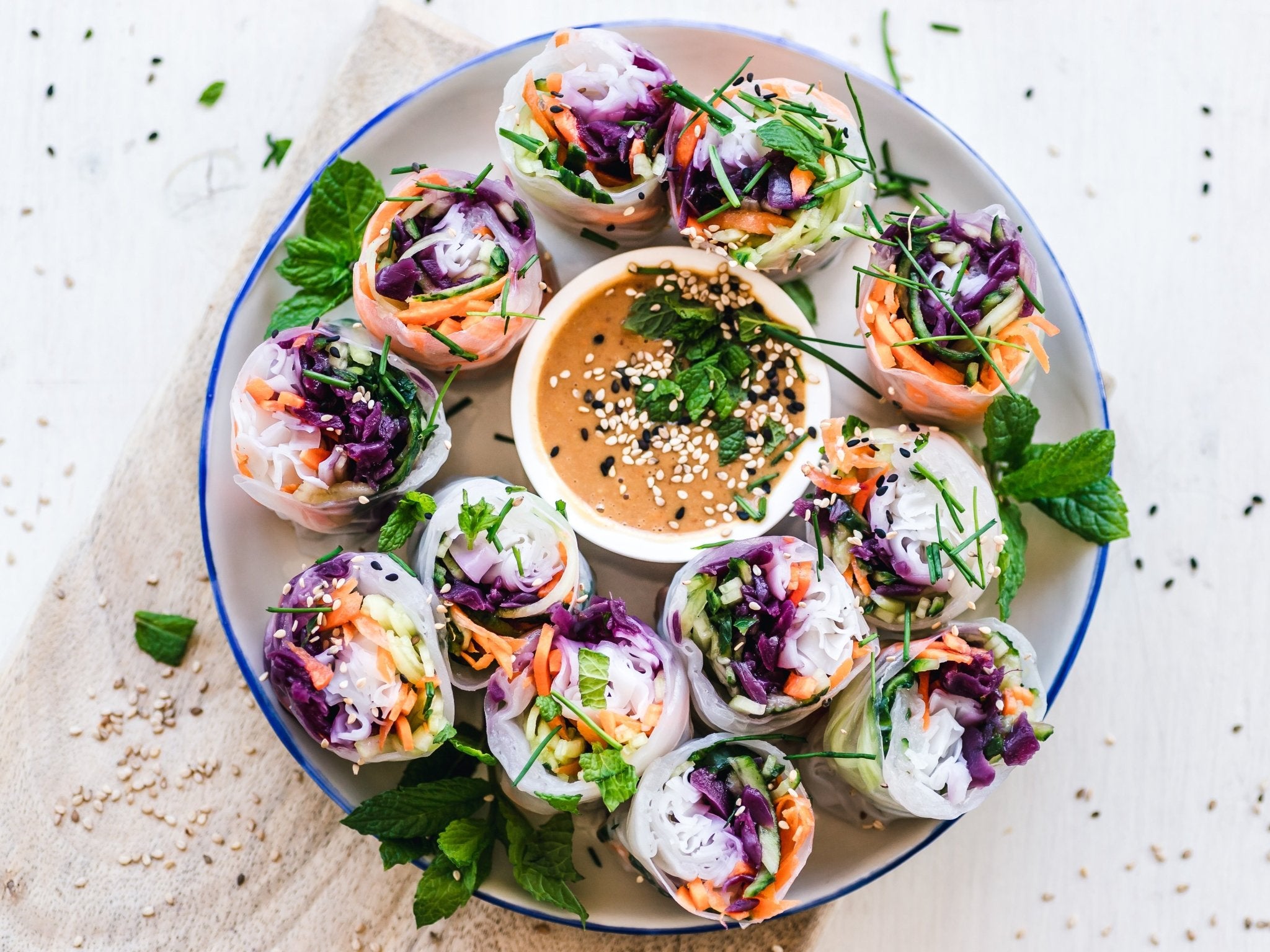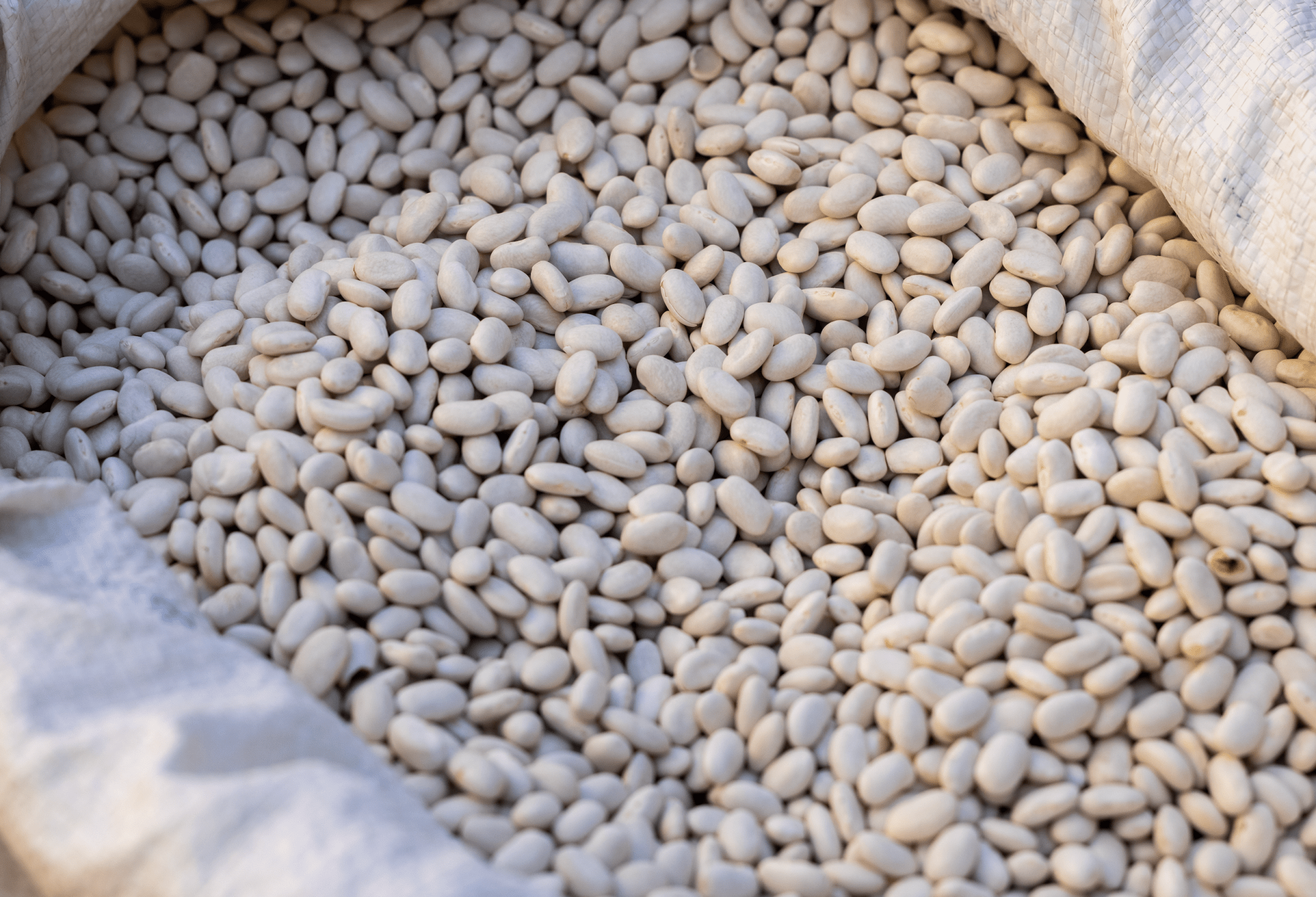Under fresh ownership since October '24—with a new look, new menu, and the same love for sustainable food.
Benefits of a Plant-Based Diet for Environmental Health

With sustainability and climate change being at the forefront of a lot of people’s minds, a lot of people are wondering how they can do their part, and particularly, the question of how our food impacts the environment has been a topic of recent conversation. And it turns out, the biggest daily change you can make is to your diet.
Going plant-based may be the “single best way to reduce your impact on Earth,” according to Joseph Poole, Oxford University’s lead researcher for the most comprehensive assessment of the environmental impact of farming. Similarly, a study published in the journal 'Science' found that a widespread adoption of plant-based diets could reduce global greenhouse gas emissions by up to 70% by 2050.
A Smaller Carbon Footprint
Animal agriculture is responsible for a significant amount of greenhouse gas emissions, with meat responsible for more than twice the pollution of fruits, grains and greens. Methane, a potent greenhouse gas, is produced and emitted during digestion in animals such as cows and sheep. Livestock also generates nitrogen oxide, another greenhouse gas, through their manure and synthetic fertilisers used to grow animal feed.
According to the United Nations, animal agriculture is responsible for 14.5% of global greenhouse gas emissions, more than the entire transportation sector combined.
Plants, on the other hand, are great at sequestering carbon dioxide from the atmosphere through a process called photosynthesis. During photosynthesis, plants absorb carbon dioxide from the air and use it to produce energy and grow. As they grow, they store carbon in their leaves, stems, and roots, helping to remove carbon dioxide from the atmosphere.
Fewer Resources
Plant-based foods require fewer resources to produce compared to animal-based foods. For example, producing a pound of beef requires 13 times more water than producing a pound of soybeans. Similarly, livestock farming requires vast amounts of land and energy, which can contribute to deforestation, land degradation, and greenhouse gas emissions.
Preserve Biodiversity
Biodiversity provides a wide range of benefits, including clean air and water, food and medicine, and recreational opportunities. Additionally, it helps to protect against climate change and provides a buffer against natural disasters such as floods and landslides. By preserving biodiversity, we can help to ensure a healthy planet for generations to come.
A plant-based diet can help to preserve biodiversity by reducing the demand for animal agriculture, which is a major contributor to deforestation, habitat destruction, and water pollution. By consuming more plant-based foods, we can decrease the pressure on natural ecosystems and reduce the need for large-scale farming practices. This can help to protect wild habitats, preserve biodiversity, and promote sustainable land use. Additionally, a plant-based diet can reduce greenhouse gas emissions and mitigate the impact of climate change, which is another significant threat to global biodiversity.
"Nothing will benefit human health and increase the chances for survival of life on Earth as much as the evolution to a vegetarian diet."
- David Attenborough
- The Sustainable Food Co.
Continue reading
View all postsCreative Ways to Reduce Single-Use Plastic at your Event
Events are one of the most challenging places to manage waste. With so many people attending, how do event organisers move towards zero-waste, guide event attendees towards more sustainable decisions and overall ensure that th...
Read MoreWhat is Umami and how do we add more of it into Plant-Based Meals?
Umami is a rich, savoury, deep flavour that makes a meal satiating, satisfying and incredibly enjoyable. Meat and seafood are particularly rich in umami which is one reason why a lot of people prefer the taste of meat-based di...
Read MoreBenefits of a Plant-Based Diet for Human Health
A plant-based diet is a way of eating where the focus is on filling up your plate with plant foods. The closer these plants are to resembling how they're found in nature (i.e. the less processing), the better. This way of eati...
Read MoreChef’s Hacks You Didn’t Know You Needed Until Now
Give these simple tricks a go next time you're whipping something up in the kitchen. Your taste buds and guests will thank you! 1. Add your salt in your food rather than on your food Add it while cooking and let it really abso...
Read More5 Reasons Dried Pulses are the Undercover Superfood of the World
Pulses are the edible seeds from a legume plant. We’re talking chickpeas, lentils, black beans, butter beans, peas, fava beans, kidney beans, cannelini, pinto etc. Best stored dried to prolong their shelf life - these humble i...
Read More



